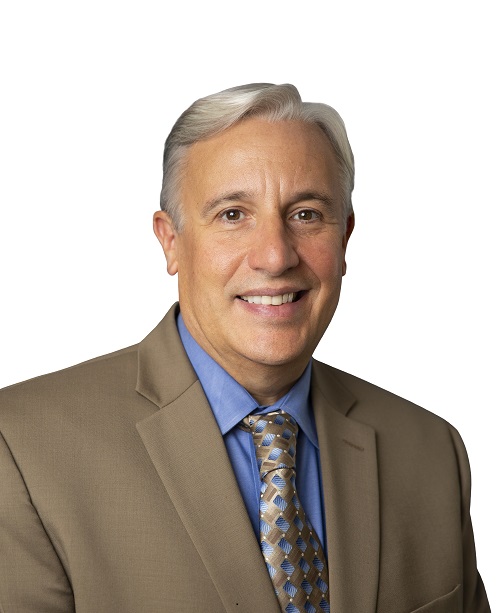When patients consider what they want in a hospital experience, they are looking for excellent and compassionate care, of course. But as patients think about a hospital experience, they are also looking for a factor many don’t know how to describe. Frequently, says Dr. Jesus Cepero, PhD, RN, NEA-BC and CNO of Stanford Medicine Children’s Health, patients describe wanting to be in an environment that doesn’t have a cold, sterile feeling. In short, they want to be in a place where they are being cared for in a way that feels most authentic for their needs.
Cepero says the missing link can be attributed to holistic care–caring for the whole patient–something he first became aware of after working in adult medicine and moving into children’s and women’s health services. “There’s a big cultural difference between the two environments,” he says, noting that he could feel the shift. “I thought it was more compassionate care, and it was more satisfying to patients.”
But the difference, he says, didn’t rest entirely with compassion as compassionate care is already a driving motivator in the nursing industry. “It was how we delivered the care,” he says, “and that has become a guiding principle for how I lead organizations.” Holistic care is a team approach, he says, and one that brings in a team dynamic that includes physicians, nurses, nursing assistants, and support personnel to work together, communicate well, and meet patient needs.
Typically when patients are asked what they hope to happen from their hospital visit or stay, they will say they want to feel better, says Cepero. Hospitals are places you go when you are sick and you need to get better, so that’s a pretty normal response. But there is more to getting better than just repairing the body, he says. It’s really an approach that sees the balance of body, mind, and spirit as essential.
Holistic care honors that and loops the patient into the care by asking, “How can we help you feel better?” The answers often have nothing to do with the science-based medications, procedures, or other therapies needed to help patients’ physical health improve. It can be reading a book or sharing a book with patients, he says, or it could be art or music therapy or a visit from a therapy dog. Patients could have spiritual needs that are feeling unmet so bringing in a faith leader can alleviate stress. Even need something as simple as someone helping them recharge their phone can relieve a stress point and make a difference in a patient’s day.
The psychosocial needs of patients are important to help heal a body and are also part of a holistic approach. If a patient can’t afford to buy enough healthy food or they lack transportation or access to a grocery store upon discharge, that will impact their healing. “If hospitals aren’t addressing things like food insecurity, they are not taking care of the whole patient,” Cepero says. “That’s what I see as holistic care,” he says, “and why it’s so valuable to the patient and the family.”
Despite the proven benefits to patients’ recovery, holistic care isn’t implemented at the rates that match the demand. Hospitals don’t always have the finances to hire additional support and therapy workers. And even if they do, it’s tough to find experienced people to do the work.
But patients expect this level and type of care and healthcare organizations that align the values and mission with a holistic care approach notice the difference. “Healing patients and making them feel better when they leave is what we are paid to do,” Cepero says. “We are not paid for that compassionate care that we provide.” But providing that compassionate, patient-focused care is so important for the patients so they can approach recovery from all angles. It’s also important for the healthcare providers who see the immediate impact of their work.
And Cepero says the patients are the key to creating an opportunity that allows the best chances for the kind of recovery that helps them. He notes, “It is listening to patients and families about their experiences.”
- WOC Nurses Week Highlights Specialty - April 16, 2024
- Honoring Radiology Nurses Day on April 12 - April 12, 2024
- Travel Offers New Career Possibilities - April 8, 2024



